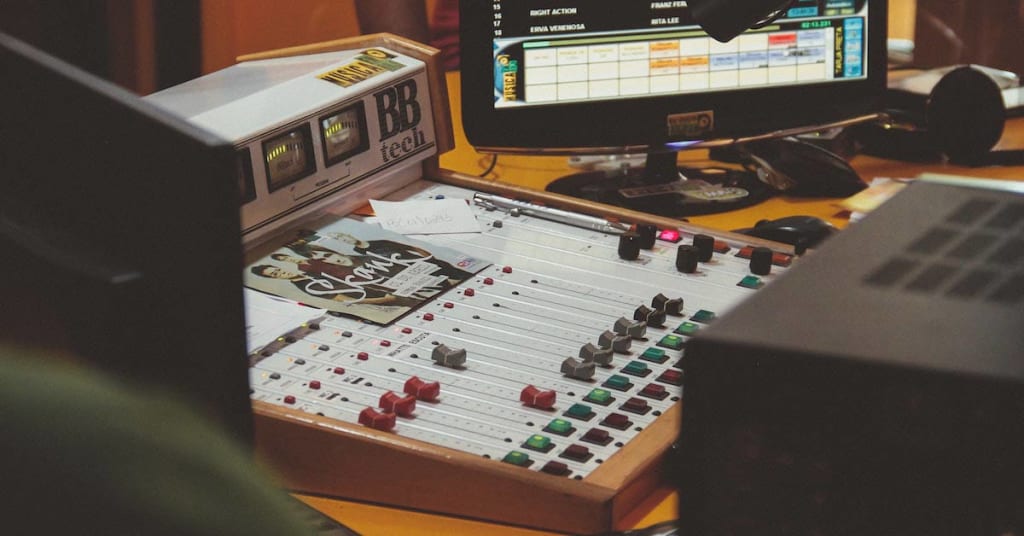
Like several other forms of art, music is guarded by laws pertaining to copyright. That implies that if you make a new work incorporating previously recorded music made by someone else, you often need a license.
Let's dive into the copyright in the music industry: sampling and sampling rights.
Basics of copyright in the music industry
A music recording involves two distinct copyrights: the song's copyright, which covers the lyrics and musical composition, and the sound recording of that specific composition's underlying work. The song "New York, New York" by John Kander and Fred Ebb is a valuable example to highlight the differences between the two copyrights.
The Genesis of Sampling
Sampling has deep roots, dating back to the early days of hip-hop in the late 1970s when DJs began manipulating vinyl records to create new beats and sounds. This innovative approach to music-making quickly spread across genres, from electronic dance music to pop and rock.
The Legal perspective
Sampling involves using copyrighted material, making it crucial to understand the legal implications. Copyright law grants exclusive rights to the creators of original works, including the right to reproduce, distribute, and publicly perform their creations. When an artist samples another's work, they must navigate the complex web of copyright laws to obtain the necessary permissions or licenses.
Sampling Rights and Clearances
Securing sampling rights involves obtaining permission from the copyright in the music industry holders of the sampled material. This process typically requires negotiating with record labels, publishers, and sometimes individual artists. The complexity of this work lies in the number of rights associated with a piece of music, including the master recording rights, composition rights, and performance rights.
Clearance procedures can be time-consuming and costly, leading many artists to consider the benefits of sampling against the potential legal hurdles. Some artists take the risk, relying on the fair use principle or creating transformative works that may fall under the umbrella of artistic expression.
The Fair Use
Fair use is a legal ideology that allows the use of copyrighted material without consent under specific circumstances, such as for objectives of commentary, criticism, news reporting, teaching, scholarship, or research. However, determining whether a particular use qualifies as fair use can be subjective and is often decided on a case-by-case basis.
In the area of copyright in the music industry sampling, the fair use defense is a double-edged sword. At the same time, some successful legal battles have kept artists' right to sample under fair use. The need for clear guidelines leaves considerable room for interpretation.
Evolution of Sampling Rights
Over the years, the music industry has witnessed a shift in attitudes towards sampling. Some artists and labels embrace sampling as homage or collaboration, recognizing its role in pushing musical boundaries. In contrast, others remain alert in protecting their intellectual property, leading to high-profile legal disputes that shape the evolving landscape of sampling rights.
Contact the Brealant team to learn more about copyright in the music industry!
Copyright in the music industry gets hype nowadays. If you have permission from the copyright owners, you can clear a sample. To help, we can contact the rights owner, formally request permission to use the sample, and negotiate the conditions of the agreement with the opposing party. We can write the clearance agreement example as well.
About the Creator
Any Guy
doing something new at https://ogili.com





Comments
There are no comments for this story
Be the first to respond and start the conversation.